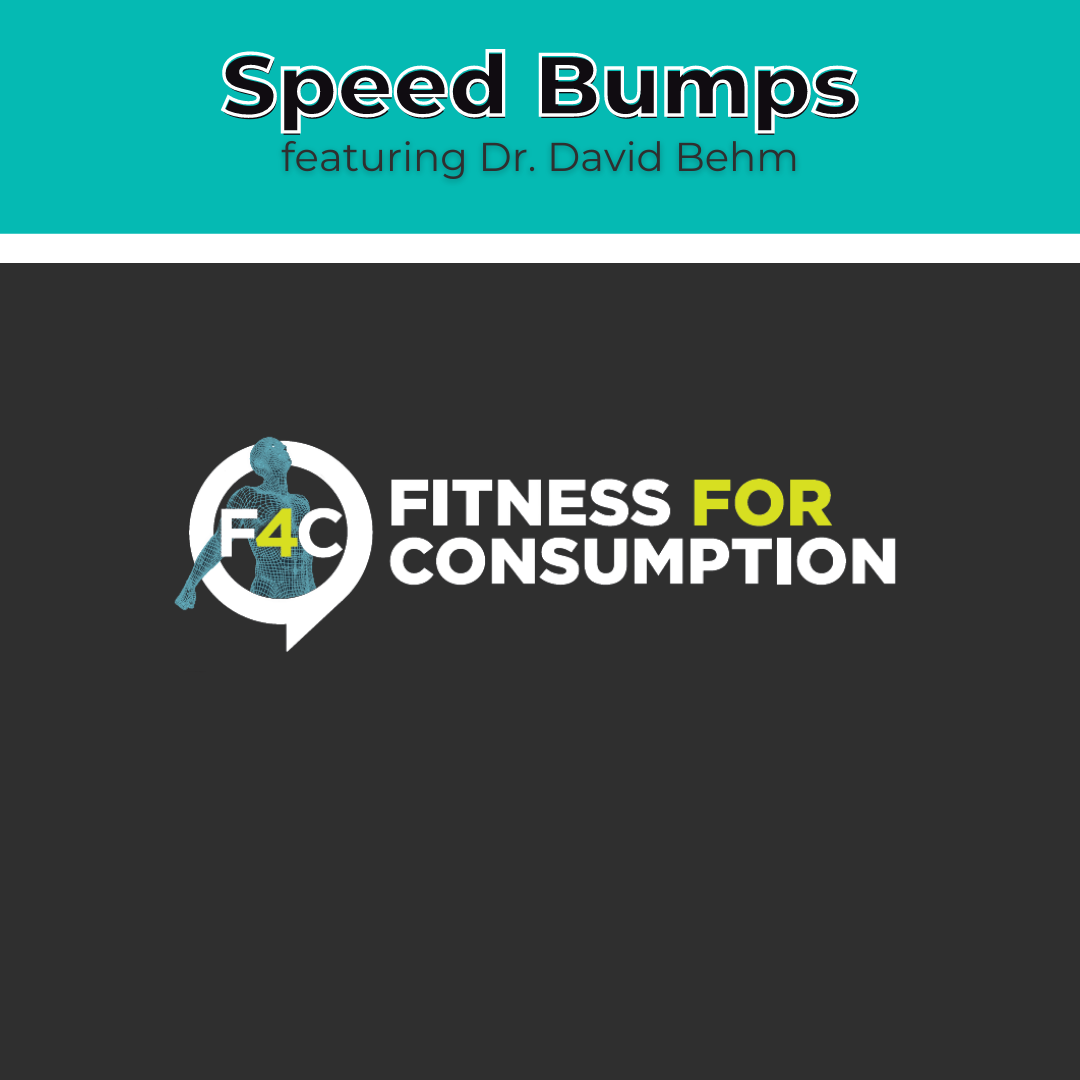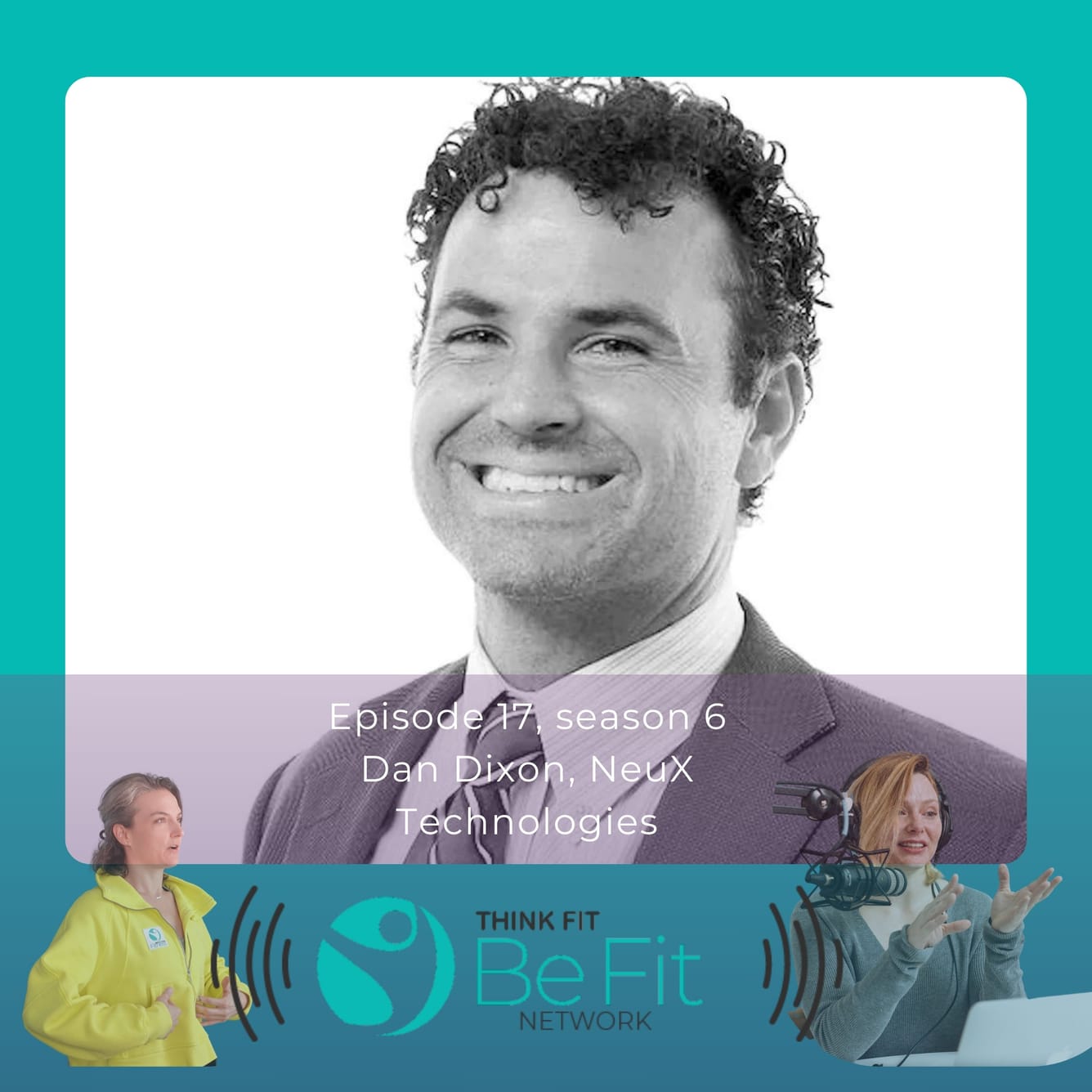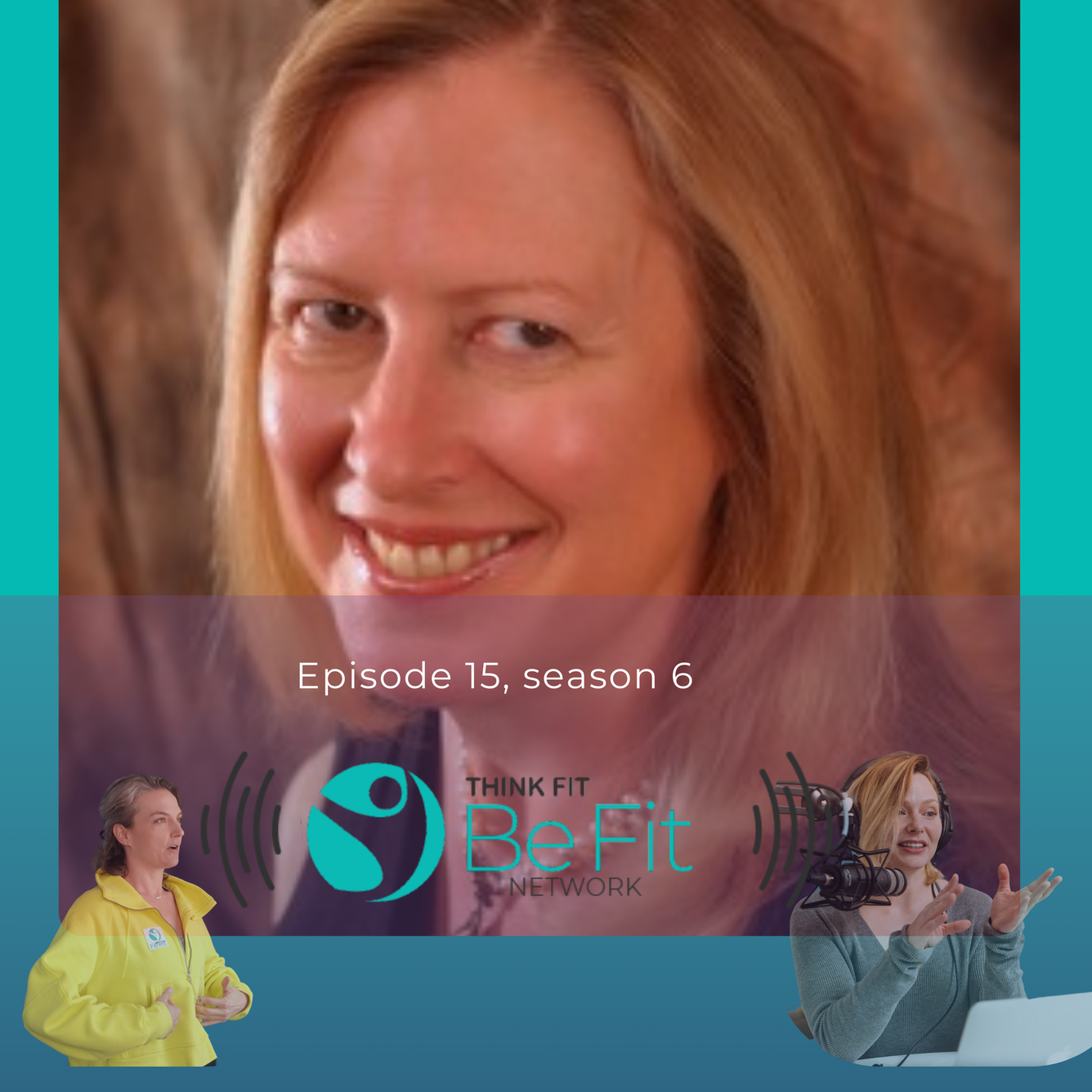Speed Bumps

What’s slippery, sloping and jolting? If you think it relates to one of the most difficult things to do in sports, you might be right. Once again, we’re joined by our friend and esteemed colleague, Dr. David Behm, who shares his insights into what constitutes the hardest skill in sports.
While acknowledging the need for physical prowess in performing motor skills, the trio shifts the focus to the often overlooked cognitive requirements of skill, which are highly influential in determining performance outcomes. How do cueing and feedback affect cognitive performance?
Finally, we return our skill-based conversation to the gym. We introduce new substrates of skill and describe how these can be used to promote skill acquisition, even in an exercise as pedestrian as a leg extension! How? You’ll have to listen to find out, so jump right in and enjoy this unique and layered exchange that is chock full of practical ideas that you can try yourself!
In this episode we discuss:
- The relative difficulty of skills
- The concept of events and its effect on the perception of time
- Is exercise a skill?
- Do we need to replicate a skill in the gym to get better at it?
- How can a skill-based approach to exercise help us reach our goals faster?
Glossary:
Perceptual Substrates - The use of visual, auditory, and proprioceptive information in the execution of a motor skill.
Psychological Substrates - The required level of confidence, emotional readiness and coping ability associated with a motor skill.
Selective Attention: The conscious direction of attention placed on relevant features of the environment for the purpose of maximizing skill performance.
References:
Behm, D. G., & Carter, T. B. (2020). Effect of Exercise-Related Factors on the Perception of Time. Frontiers in Physiology, 11, 770
You might also like:
Season 1, Episode 1 - Why we Move


